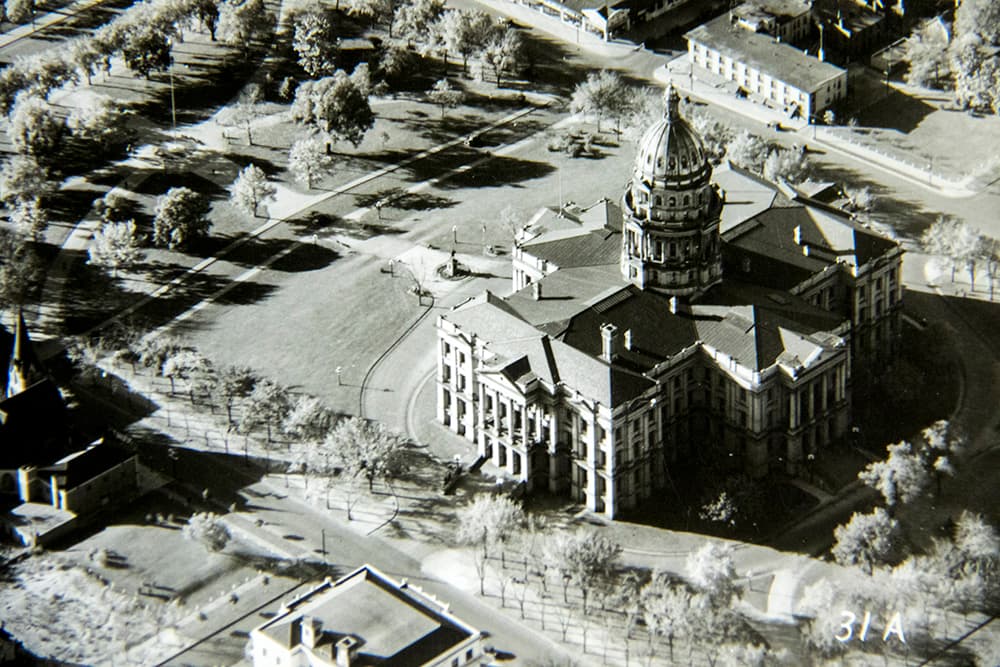Ballots are in the mail for Colorado's House District 5 primaries, with Democratic voters choosing between four aspiring candidates for the central Denver district.
The current House 5 representative, House Speaker Crisanta Duran, cannot run again due to term limits. Here's what her would-be replacements told Denverite about their policies and positions.
Joel Judd
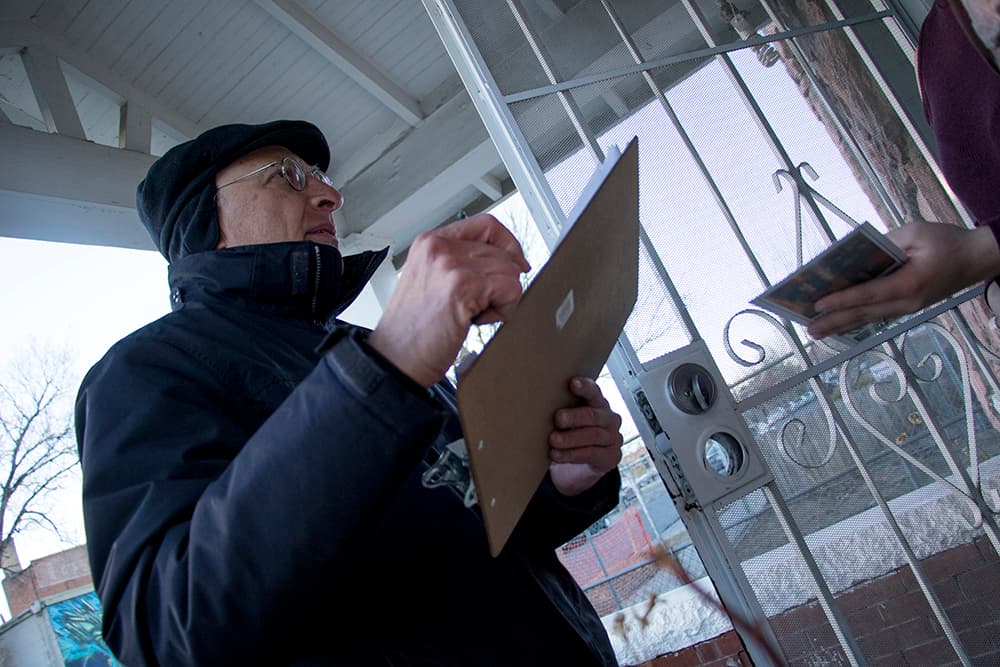
Joel Judd, a 66-year-old attorney, has held this seat once before. He represented House District 5 from 2002 to 2010, but left state government when he was defeated by Sen. Irene Aguilar in a run for Senate 34.
Now, he said, "it turns out now that a lot of the stuff I worked on is under pretty serious attack — and I don’t really care for that," he said.
He cited his work to pass an anti-discrimination law to protect gay people, and on a law to allow young women to seek prenatal medical treatment without their parents' consent.
"I'm going to go back and defend that stuff."
On education: Judd says the biggest issue in education is the lack of funding. His plan in the short term is to campaign in favor of Initiative 93, which would raise taxes to fund public schools.
"We’ve got to make our case to the voters to get it passed," he said. "$1.6 (billion annually) is a big deal. I'll be out there knocking on doors and campaigning for that."
On housing: The state's principal role, he said, is to find and provide funding. "Theoretically, there’s a role at the state level," he said. But, he added, "I haven’t seen any indication that the voters are there."
He suggested that cities could increase the housing supply by speeding up approval processes, especially for below-market housing. And Judd wants to see statewide voters approve a minimum wage increase, though he's amenable to local variations on the minimum wage.
Judd also wants to tackle infrastructure needs by instituting a fee on miles traveled in vehicles, which could be a more flexible way to fund transportation, compared to the gas tax.
On health care: Judd says he will make a mission of protecting older people by cracking down on abuses in nursing homes, and he promises to protect "residents and families from dangerous fracking accidents."
He was a supporter of the ColoradoCare proposal and the idea of state universal health care. But after voters soundly rejected the measure, "we've got to go back to the drawing board," he said.
Meanwhile, Judd said, the state must increase spending on mental health services, rather than imprisoning people with mental health issues.
Meghan Nutting
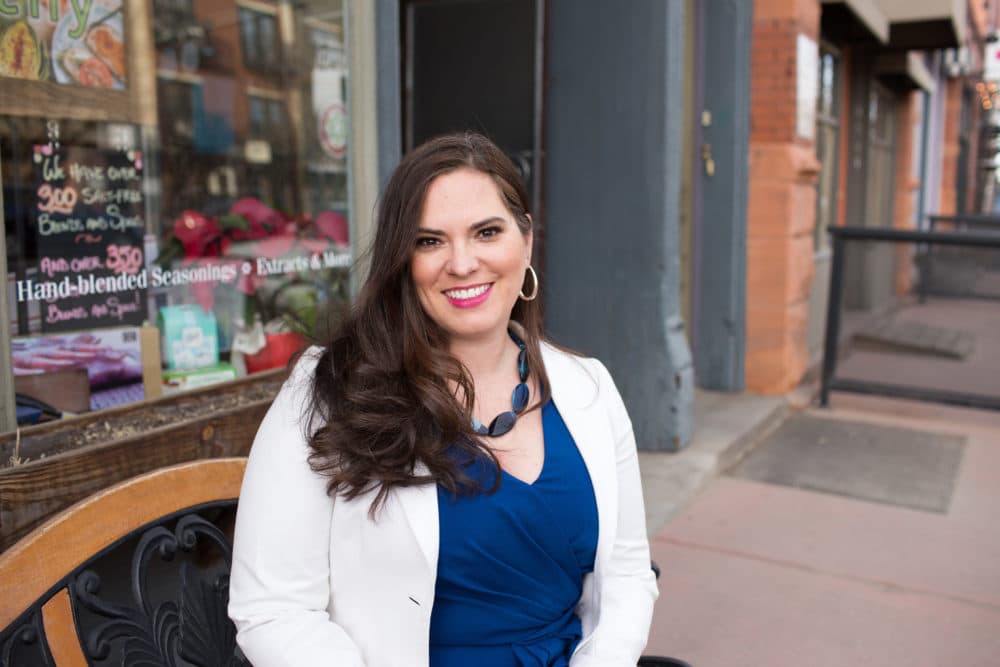
Meghan Nutting, 37, is a solar policy advocate and a first-time candidate.
“I wanted to stand up for my community — now is a good time to stand up for communities, given what’s happening at the federal level,” she told Denverite earlier this year.
Originally a resident of Eagle County, she said her policies would be focused on bettering lives. "I think we live in the greatest country in the world, as far as I'm concerned ... but we don't take care of people."
On education:
"Once again, it’s embarrassing," she said, referring to the state's school funding levels. The system needs more overall money, she said. She's also intrigued by superintendents' recent proposal to change the funding model and provide more money for students with different needs.
Like others, she believes the state's schools are "hamstrung" by TABOR's limits on taxation.
On housing:
"I feel like there’s this tension between all of the growth that we're experiencing, all of the people that want to live here, and what we’re capable of handling," Nutting said.
She would like to see more incentives for developers to build affordable or below-market housing, though she said she doesn't like corporate tax breaks.
The options, according to her platform, include rent control, tiny houses, tax breaks on manufactured homes, relaxed regulations on accessory units and changes to construction-defect law.
"We must work to reduce housing costs while simultaneously respecting the rights of the people living in areas affected by changing neighborhoods," her website states.
On health care:
Nutting wants to see the state provide a universal health care program, possibly by extending existing services.
"I'd love to see access to health care regardless of status, immigration status," she added, saying that non-citizens are not getting prenatal care. "That’s incredibly dangerous to both the mother and the fetus."
Alex Valdez
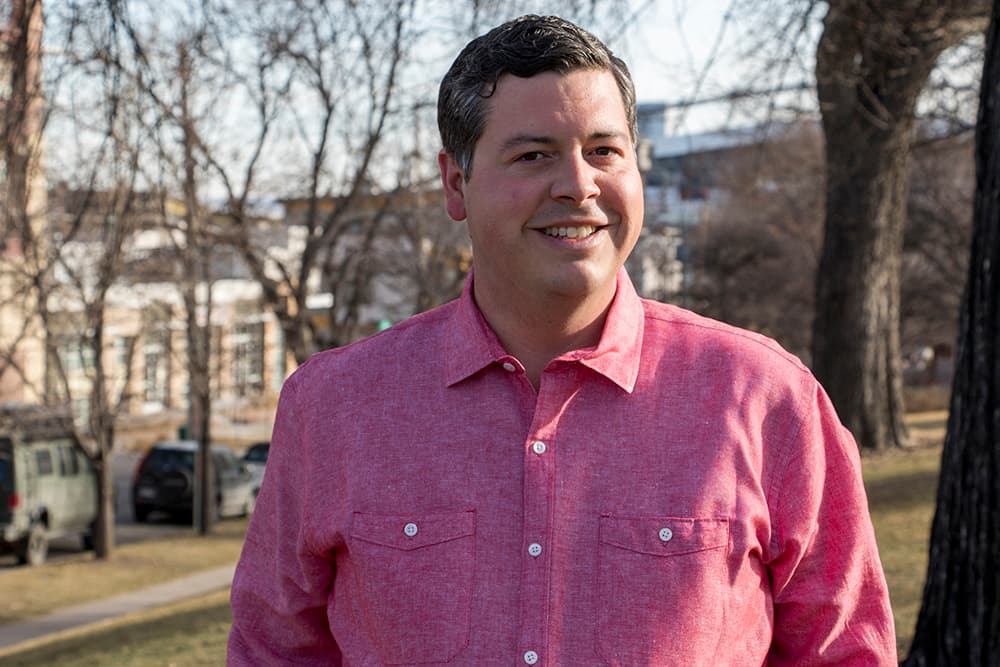
Alex Valdez, 37, is a first-time candidate and an entrepreneur in the solar industry who lives in Jefferson Park. He's served as a captain for the Democratic Party locally.
"I think it’s imperative that the next representative spend a lot of time re-engaging and bringing people into the democratic process," he told Denverite.
"This seat is the the most progressive in the state. Democrats that are elected to this seat are more comfortable bringing forth the bold, progressive legislation."
On education: Valdez said he takes a "conservationist" approach, "looking at how we can take the resources that are already being allocated to education and make them go further." That could happen by installing green infrastructure to reduce costs for power, lighting, water and fuel, he claims.
However, Valdez also hopes to find ways to work around TABOR and find more funding. He believes that the current split among Democrats on education is a result of a lack of funding resources.
The candidate's platform also calls for more apprenticeship programs, early childhood education and continued financial assistance for higher education.
On housing: "I would love to increase funding into (Colorado Housing Finance Authority)," Valdez said. "I believe that home ownership is one of the rooting factors that helps develop community."
He also cited his support for transit-oriented development, saying that encouraging construction near transit stations could allow more affordable lifestyles. Valdez also says he'll pass a bill for renter's rights.
On health care: "Health care's busted, it's broken," Valdez said. He was a supporter of ColoradoCare, but believes voters were "sticker-shocked" by the costs described in the proposal.
"I think ultimately the cost is so high that it has to be shared between the federal and state government," he said. He suggests, too, that increased funding for mental health services would alleviate the criminal justice system.
"I've really felt that we're doing our society a disservice by not addressing mental health services," he said.
Nicky Yollick
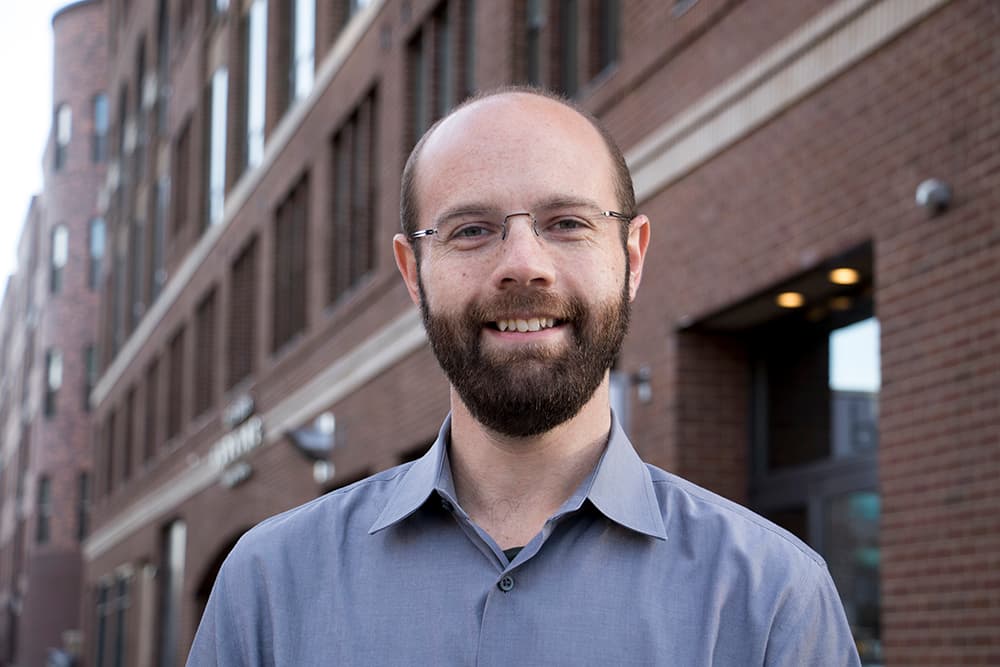
Nicky Yollick, 32, is a first-time candidate who works as a community organizer, with a portfolio including canvassing efforts for Colorado Latinos Rise and Planned Parenthood.
"The main issue of my campaign is public education. I’m really trying to strengthen our traditional public schools and move away from the privatization that’s going on," he said, saying that he's particularly opposed to the agenda of Democrats for Education Reform (DFER).
"I'd like to see us use grassroots field techniques to go and train people to be community organizers ... to be the voice in the communities."
On education: Yollick has assembled a team of public education activists, and he's working to make the Denver Public Schools board "be a little more responsive to the community," he said, citing conflicts in northeast Denver communities.
The state overall is suffering from low funding, he said. "It's just so underserved and so underfunded," he told Denverite. "There are actually teachers that have to set up GoFundMe-s (fundraisers) to buy basic school supplies."
His platform says that public schools are "under attack from wealthy groups" who support charter schools and voucher program. He calls for increased support for teachers and for unions, and he wants the state to pass stricter regulations on campaign finance for school board elections.
On housing: Yollick describes gentrification and affordability as a "crisis," and one of the biggest issues on voters' minds. He advocates for a property tax forgiveness program that could give breaks to people who are at threat of losing their longtime homes.
He wants to encourage developers to build more amenities, such as grocery stores, that benefit all residents of areas. The profusion of bars, restaurants and nightclubs in River North, he said, "does absolutely nothing for the folks who used to live there."
On health care: Yollick cites his childhood experience with leukemia as a reminder of the importance of "reliable and consistent" health care. He is a supporter of a state-based single-payer program, which he believes could be created without raising taxes.
Some of the funding, he said, could come through a massive renewable energy project he's proposing, which would be called Solar State, in the San Luis Valley. He sees it as a "massive renewable energy farm" that also could attract tourists and offer job retraining, with revenues supporting universal health care and road maintenance.

